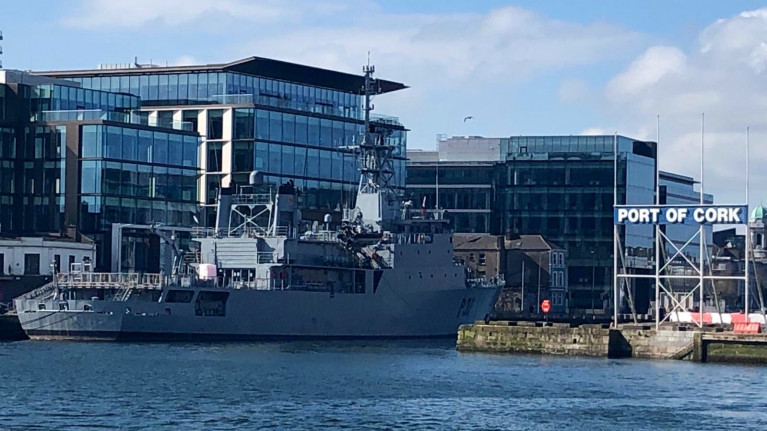Displaying items by tag: Threatens Missions
Crew Shortages Causes Concern Threatening Naval Service Missions at Sea
Crew rostering of the Naval Service now have to frequently postpone seagoing missions due to its chronic manpower shortage and the effects of Covid-19.
Within the last year the service’s six operational ships have been regularly operating with close to the bare minimum of crew members, meaning if a small number of sailors become unavailable and no replacements can be found, the ships cannot go to sea.
In January, The Irish Times reported the LÉ Ciara was forced to delay a patrol mission for three days as it sought replacement crew members. According to senior Naval officers this has now become a regular occurrence.
In response to queries, a spokeswoman for the Defence Forces said “it is not uncommon for patrols to be delayed if an essential crew member is unable to sail due to force majeure”.
She said the Naval Service operated a “family-friendly policy” of giving replacement crew members 72 hours before deployment.
“Unfortunately, due to Covid-19, there has been a recent and expected rise” in the number of incidents where a replacement crew member cannot step in.
Naval sources also expressed doubt the Government’s new “loyalty scheme”, which offers a bonus of up to €10,000 a year for seagoing duties, would make a significant difference in the number of personnel leaving the Naval Service.
The scheme only applies to personnel with more than three years’ service, meaning there is little incentive for recently graduated personnel to stay on if they are offered employment in the private sector, they said.
Much more from the Irish Times can be read here.





























































